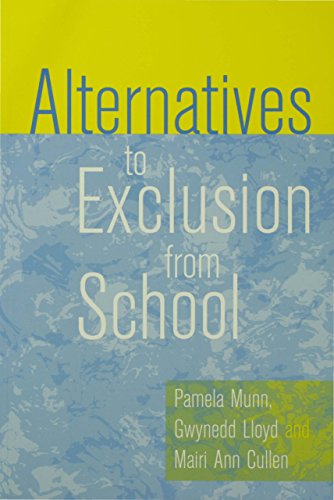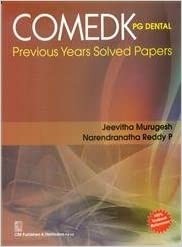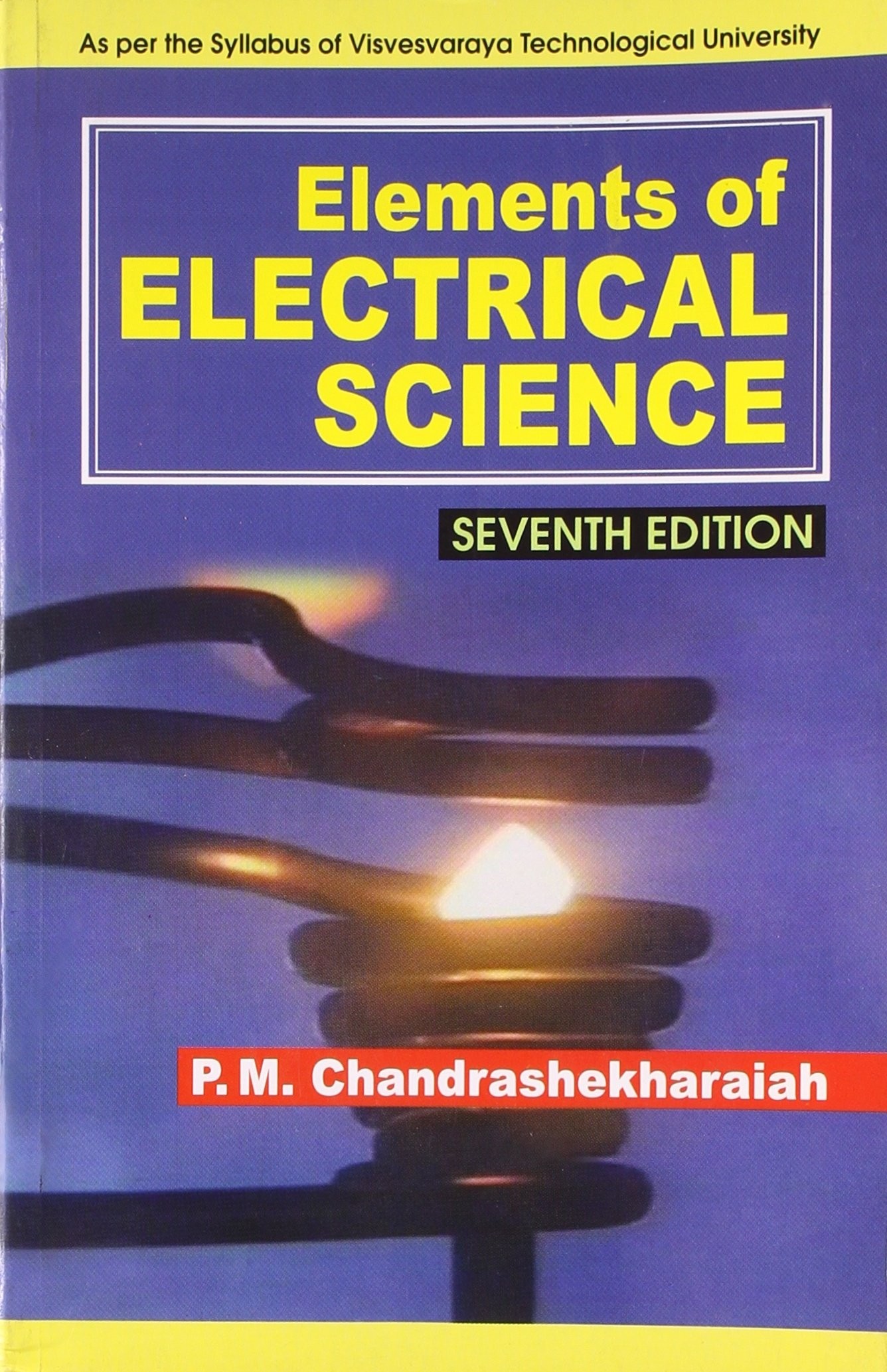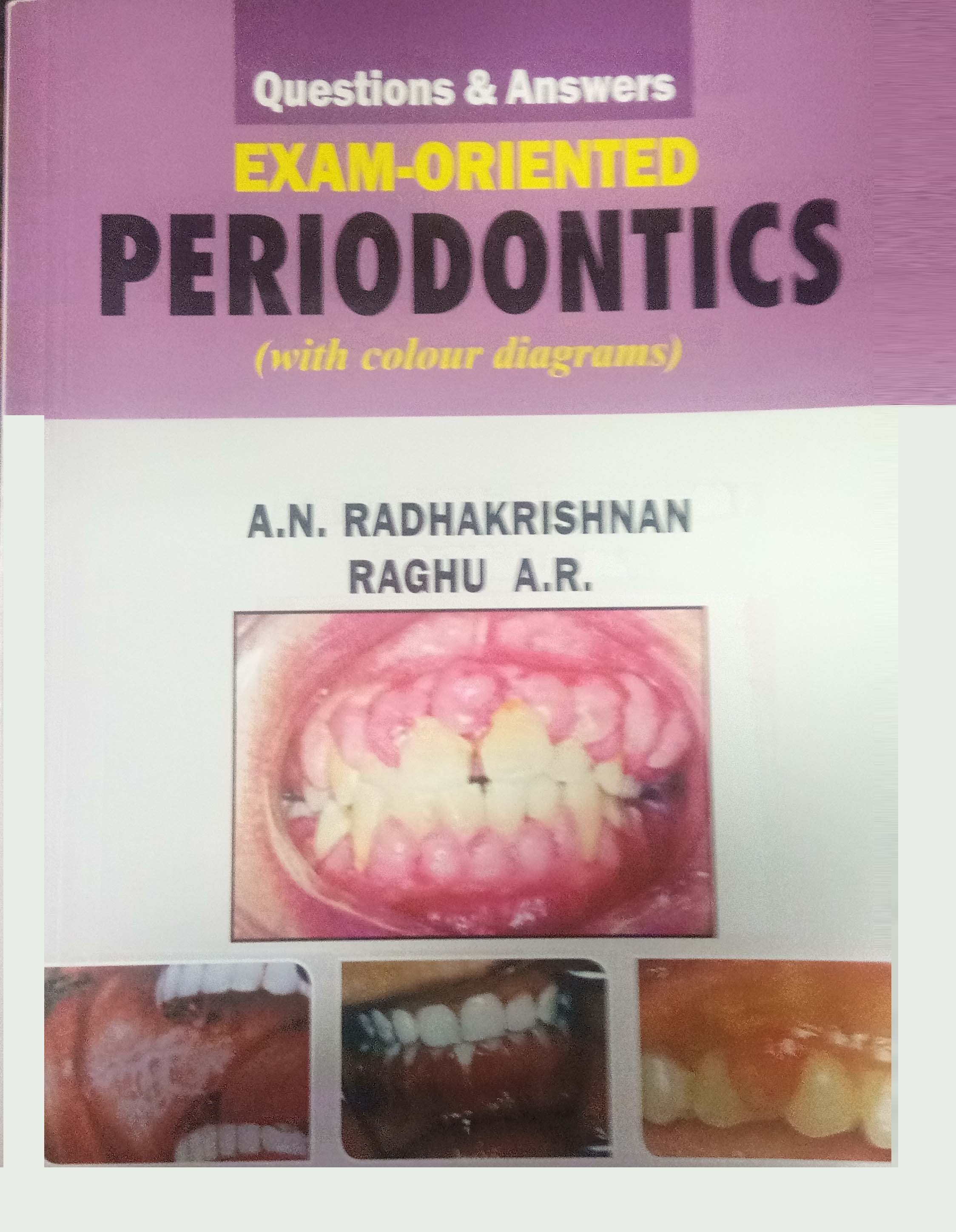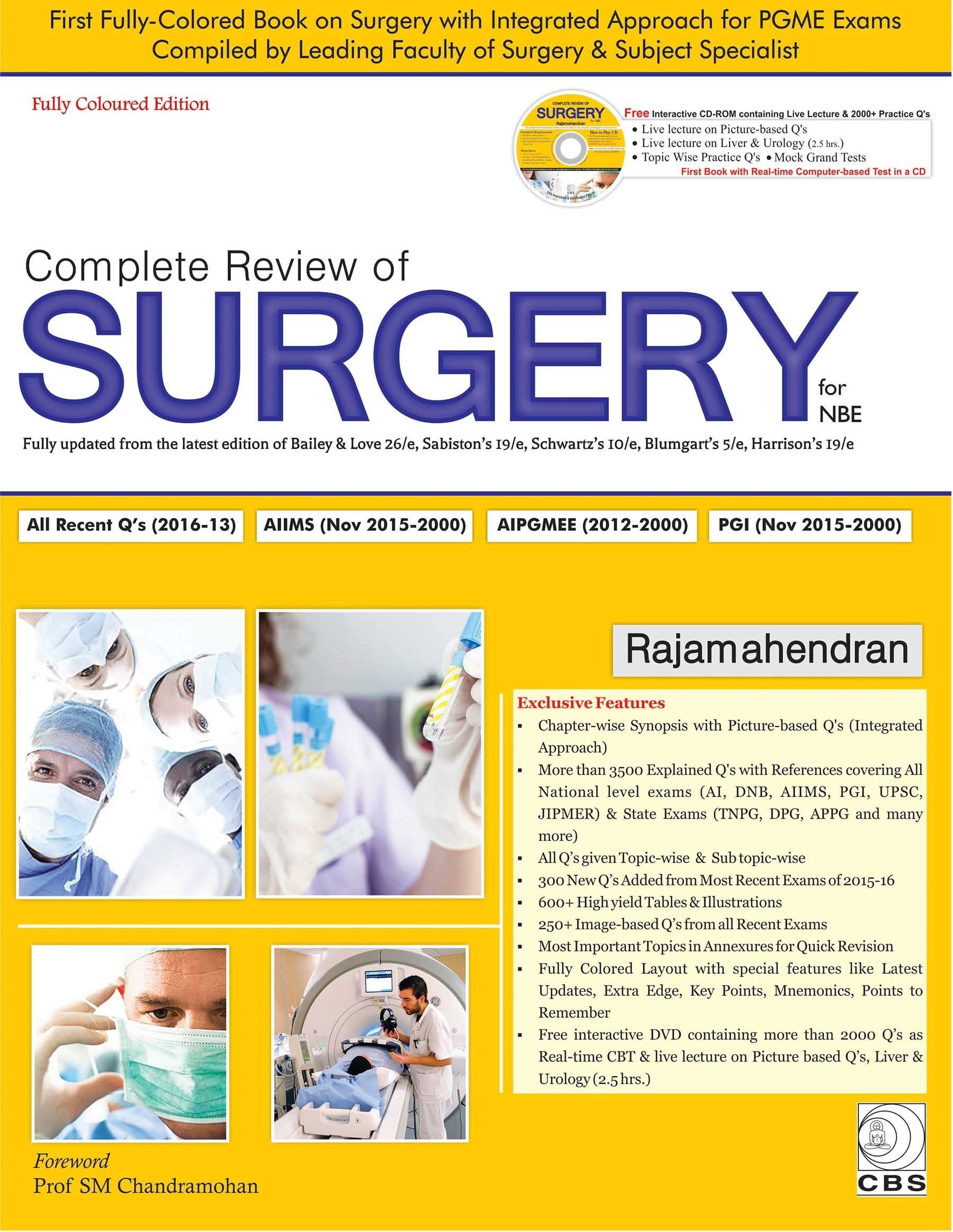Alternatives to Exclusion from School
no information available
... an excellent volume, one which should become essential reading for students of education, especially those at the start of their careers. Incidentally, not only is the book concise; unusually for a jointly-authored book it is also hard to see the joins; it really does read well' - Scottish Affairs An interesting comparison of pairs of schools which differed in the extent to which they excluded, the authors found several differences: the schools' views on what education is all about; the way the curriculum is structured; relations with parents; and decision-making about exclusion' - Times Educational Supplement Exclusion from school is a major concern for teachers, parents and children, and features in government initiatives. This book takes a broad look at exclusion, mapping the extent of exclusions and showing what factors can lead to children being excluded, whether permanently or informally, from school. The authors focus on various kinds of in-school alternatives to exclusion. They show how schools and teachers can make a difference to young people's emotional and social development, as well as to their cognitive-intellectual development. For many children with difficulties in their families or communities, school can be a safe and supportive refuge. School is also much more than just the subjects on the timetable, and the authors look in detail at the hidden curriculum, or school ethos, as a means of preventing exclusion. The book goes beyond in-school alternatives to consider the effectiveness of out-of-school provision, and raises questions about how to conceptualize effectiveness. The authors consider perspectives on exclusion from other countries including the United States, and place exclusion from school in the broader context of social exclusion. ... Read more Read less

